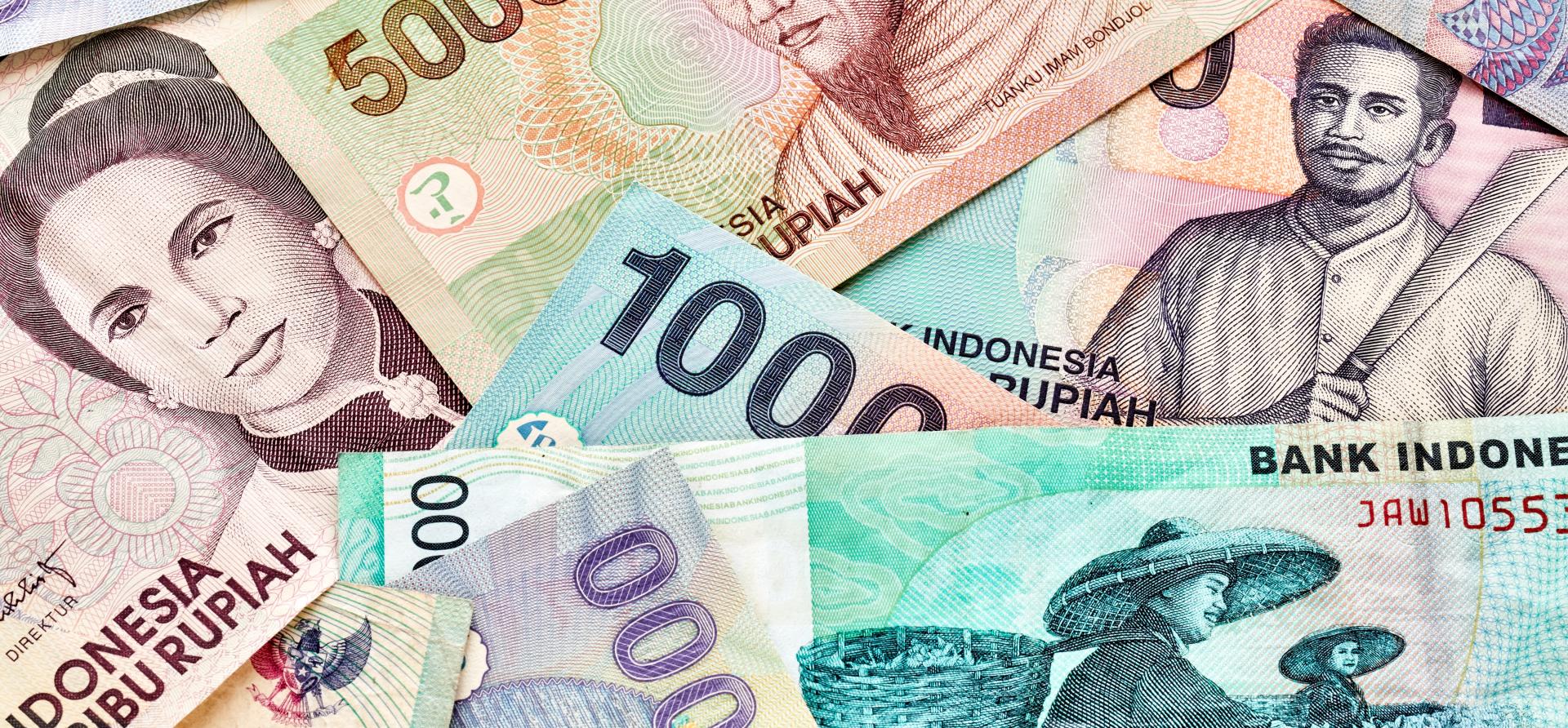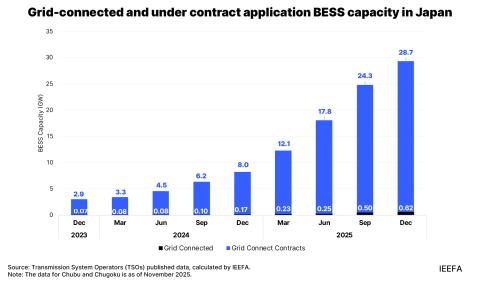PLN in crisis—time for independent power producers to share the pain?
Download Full Report

Key Findings
The COVID-19 crisis has upended Indonesia’s financial settings and PLN’s dealings with the Indonesian public and global markets will need to be adjusted to face the new reality.
Many parties have profited from Indonesia’s open book on IPPs—from project sponsors and key suppliers to banks and bond investors. It's time for global funders to step up and become part of the solution.
There is real opportunity for Indonesia to open the door to more transparency and discover new sources of financing, especially if targeted investment in the grid and clean energy solutions could be used to unlock new sources of donor capital.
Executive Summary
The dual blow of the COVID-19 pandemic and recession is reshaping Indonesia’s outlook for 2020 and beyond in ways that seem certain to have a dramatic impact on PT Perusahaan Listrik Negara’s (PLN’s) future. Indonesia’s national power company has enjoyed a protected position thanks to years of strong demand and installed capacity growth that has been financed by easy access to the global bond market and generous funding from North Asian export credit agencies (ECAs) to support independent power producer (IPP) financing structures.
Unfortunately, COVID-19 has upended Indonesia’s financial settings and PLN’s compact with the Indonesian public and global markets will need to be rebased to face new realities. This will require decisive steps by Indonesia’s senior policy leaders who must consider ways to unwind PLN’s high risk bet on baseload coal IPPs. These inflexible power purchase agreements (PPAs) lock the Government of Indonesia (GOI) into capacity payments that it will struggle to meet as other more crucial stabilization goals compete dominate the national agenda.
We believe that signs of movement are already emerging as Indonesia’s well-respected economic management team takes steps to plug holes in the national balance sheet and manage funding priorities. Any steps to manage risk related to PLN will need to address a core list of fundamentals related to:
- The Ministry of Energy and Natural Resources’ (MEMR’s) planning disciplines;
- The negative impact of a dramatic rise in IPP payment obligations on required subsidies in 2021; and
- Ongoing system distortions due to excess generation capacity in the crucial Java-Bali grid and under-investment in grid management.
IEEFA’s analysis makes it clear that global funders may need to be part of the solution. Many parties have profited from Indonesia’s open book on IPPs—from project sponsors and key suppliers to banks and bond investors. The Indonesian power market has a long history of opaque dealing, with a generous mix of regional geo-politics. This has resulted in an unstable financial scenario that would best be addressed by forging a new consensus on burden-sharing with the IPPs.
Re-setting norms for Indonesia’s power system may come with a short-term cost, but if it is part of a well-managed stabilization package, Indonesia could emerge with a more resilient power system that is better aligned with more cost-effective system-level power solutions. This could open the door to more transparency and new sources of financing, especially if targeted investment in the grid and clean energy solutions could be used to unlock new sources of donor capital.














